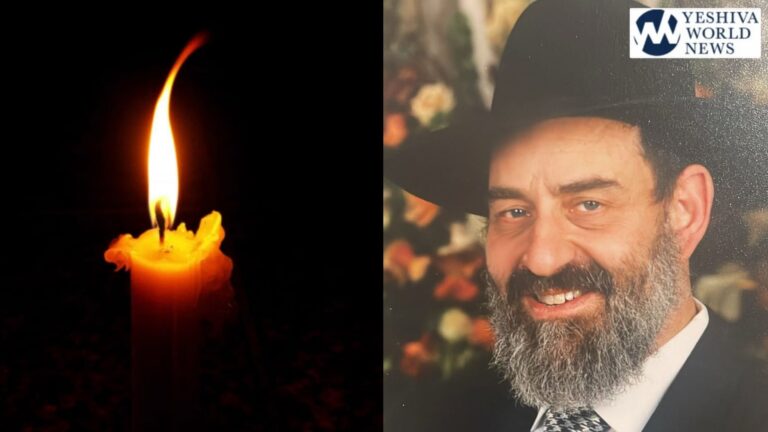 The security company that employed the shooter in the Orlando nightclub massacre has been tarred by a series of blunders and scandals that have raised questions about its competency and ethics.
The security company that employed the shooter in the Orlando nightclub massacre has been tarred by a series of blunders and scandals that have raised questions about its competency and ethics.
London-based G4S acknowledged Monday that Omar Mateen, whose rampage left 49 people dead and more than 50 wounded, worked for the firm at a residential community in south Florida.
The ties to the man behind the worst mass shooting in modern U.S. history is the latest dark cloud to loom over G4S. Concerns that the fallout from Mateen’s attacks might make it more difficult for G4S to get security contracts contributed to a 5 percent decline in the company’s stock Monday.
Founded in Denmark more than 100 years ago, G4S entered the U.S. market in a big way in 2002 with its purchase of The Wackenhut Corp., the country’s second-largest security services firm at the time. The Wackenhut name was dropped a few years ago.
G4S is now the world’s largest security company, measured by employees. It has 610,000 workers, including about 50,000 in the U.S, according to its website. It earned 227 million pounds (about $324 million at current exchange rates) on revenue of 6.4 billion pounds last year, excluding the businesses it trying to sell or close.
The company provides security for sports and rock stars in addition to 40 U.S. embassies and 32 juvenile-justice detention facilities in the U.S., including 28 residential centers in Florida.
In recent years, though, G4S has had trouble protecting its own reputation.
It created a huge headache during the 2012 London Olympics when it didn’t deliver the number of security guards promised in its contract. The British military had to be called in to fill the gap, forcing G4S to help cover the costs.
G4S came under fire again in 2013 when it and a competitor were found to have overbilled the U.K. government for the electronic tagging of criminals. The scandal cost G4S 116 million pounds in settlement charges and 45 million pounds in lost profits.
In a mortifying gaffe, G4S staff in 2011 attached an electronic monitoring tag to the false leg of a criminal, who was able to simply remove the prosthetic — and the tag — during his court-ordered curfew.
While still operating as Wackenhut in 2007, the company lost security contracts at 10 nuclear power plants run by Exelon Corp. The termination came after a Wackenhut employee at the Peach Bottom plant in Pennsylvania videotaped fellow security guards frequently sleeping on the job and turned the tapes over to a TV station.
In Florida, G4S has been faced allegations of inadequate training and screening of workers in some of its juvenile residential centers.
Lawrence Marraffino, a Gainesville attorney who filed two lawsuits against the state and G4S’ Youth Services unit in 2009 and 2012, said he found high turnover and low pay among employees at the facilities. Because G4S doesn’t want to lose potential employees, it didn’t do extensive background checks on those involved in the lawsuits, he said.
“They’re pretty desperate to hire people,” Marraffino said. “They would just get records from their prior employers” without doing law enforcement checks, he said.
G4S defended its handling of Mateen. The company said he underwent a detailed screening process when he was recruited in 2007 and again in 2013 during a periodic review process with “no adverse findings.” It also mentioned that Mateen underwent a review by a U.S. law enforcement agency in 2013 without anything troublesome being reported to the company.
Both lawsuits filed against G4S by Marraffino alleged juveniles suffered broken shoulders because staff members at the Hastings Youth Academy in St. Johns County weren’t properly trained on how to restrain the youths. In the 2009 case, an employee involved had 12 previous incidents of misconduct on her record, according to the lawsuit.
Both lawsuits eventually were settled for undisclosed amounts, Marraffino said, because both plaintiffs needed cash quickly and couldn’t afford to wait to go to trial.
A 2010 review by Florida’s Department of Juvenile Justice gave the Hastings Youth Academy high marks, including the best possible score for employee background checks.
G4S screenings of Mateen included a psychometric test, a drug test, a seven-year criminal history, employment and education check, credit report, social security and driver’s license check and a physical fitness test.
Mateen received a firearms license issued by the state of Florida and a security officers’ license when he was hired in 2007.
In its statement Monday, G4S said it’s cooperating with U.S. authorities in their investigation of the Orlando massacre.
(AP)










